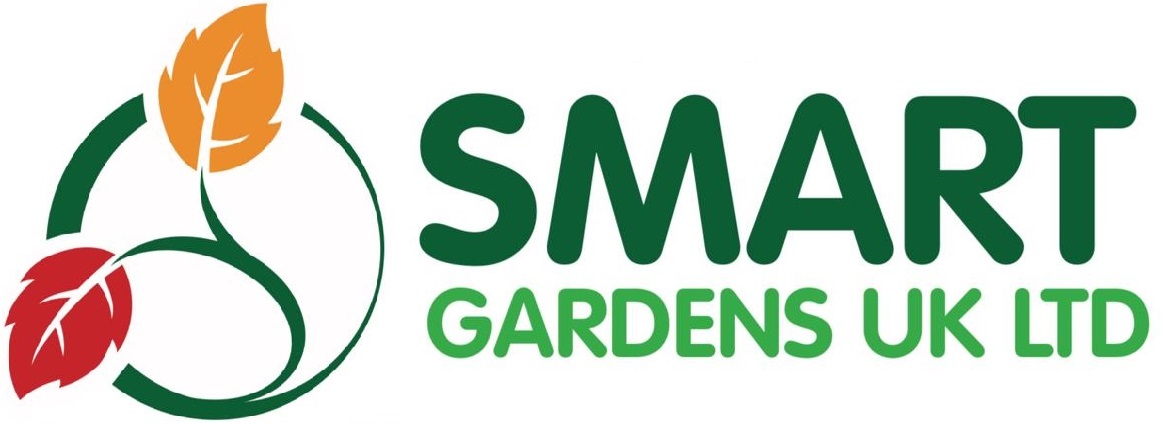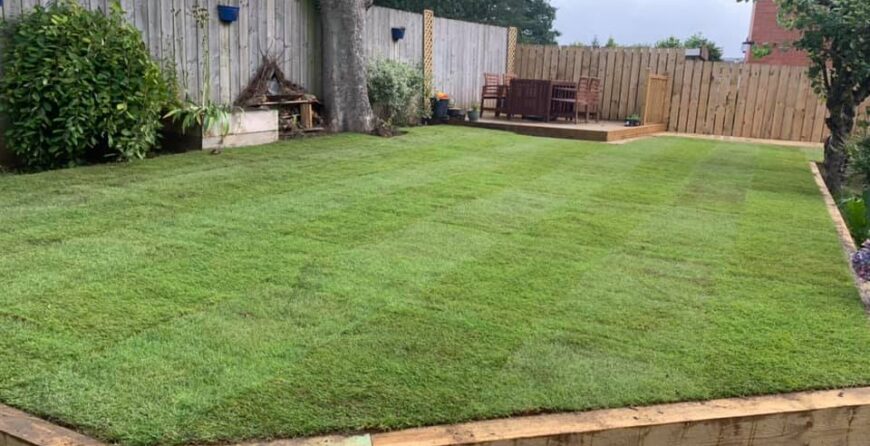When it comes to choosing the right materials for your garden fencing and walling, there are several factors to consider. From durability and maintenance to aesthetics and cost, each material has its own set of pros and cons. In this article, we will explore the various options available and help you make an informed decision for your outdoor space.
1. Wood
Wood is a popular choice for garden fencing and walling due to its natural beauty and versatility. It can be easily customized to fit any style or design, making it a timeless option. Additionally, wood provides privacy and acts as a sound barrier, making it ideal for those seeking a peaceful and secluded garden.
Pros:
– Aesthetically pleasing: Wood adds warmth and character to any garden, creating a natural and inviting atmosphere.
– Customizable: With various types of wood and finishes available, you can easily match your fence or wall to your existing outdoor decor.
– Privacy and sound barrier: Wood panels provide excellent privacy and help reduce noise from the outside world.
Cons:
– Maintenance: Wood requires regular maintenance, including staining or painting, to protect it from weathering and rotting.
– Durability: While some types of wood, such as cedar or redwood, are naturally resistant to decay, others may require additional treatments or coatings to prolong their lifespan.
– Cost: Wood fencing and walling can be more expensive compared to other materials, especially if you opt for high-quality or exotic wood types.
2. Vinyl
Vinyl fencing and walling have gained popularity in recent years due to their low maintenance and durability. Made from PVC (polyvinyl chloride), vinyl is resistant to rot, insects, and harsh weather conditions, making it a long-lasting option for your garden.
Pros:
– Low maintenance: Vinyl does not require painting, staining, or sealing, saving you time and money on upkeep.
– Durability: Vinyl is highly resistant to rot, rust, and fading, ensuring that your fence or wall will look great for years to come.
– Cost-effective: While the initial cost of vinyl may be higher than wood, its long lifespan and minimal maintenance make it a cost-effective choice in the long run.
Cons:
– Limited customization: Unlike wood, vinyl fencing and walling come in pre-made panels, limiting your ability to customize the design.
– Environmental impact: Vinyl is a synthetic material that is not biodegradable, raising concerns about its impact on the environment.
3. Metal
Metal fencing and walling, such as wrought iron or aluminum, offer a combination of strength, durability, and elegance. They are often chosen for their ornamental appeal and ability to provide security.
Pros:
– Strength and durability: Metal fences and walls are known for their strength and ability to withstand harsh weather conditions.
– Security: Metal fences can act as a deterrent to intruders, providing an added layer of security for your garden.
– Ornamental appeal: Metal fences and walls can be intricately designed, adding a touch of elegance and sophistication to your outdoor space.
Cons:
– Maintenance: Metal fences may require regular maintenance to prevent rust and corrosion. This can include sanding, priming, and repainting.
– Cost: Metal fencing and walling can be more expensive compared to other materials, especially if you opt for custom designs or high-quality metals like wrought iron.
4. Stone
Stone fencing and walling offer a timeless and natural look to any garden. From traditional brick walls to modern stone panels, this material can add a touch of elegance and charm to your outdoor space.
Pros:
– Aesthetically pleasing: Stone walls and fences create a classic and sophisticated look, enhancing the overall beauty of your garden.
– Durability: Stone is a durable material that can withstand the test of time, making it a long-lasting option.
– Low maintenance: Stone requires minimal maintenance, with occasional cleaning being the only necessary upkeep.
Cons:
– Cost: Stone fencing and walling can be expensive, especially if you opt for high-quality or rare stone types.
– Installation: Stone walls and fences require professional installation due to their weight and complexity, adding to the overall cost.
In conclusion, choosing the right material for your garden fencing and walling depends on your specific needs and preferences. Wood offers a natural and customizable option, while vinyl provides low maintenance and durability. Metal offers strength and security, while stone adds a timeless and elegant touch. Consider the pros and cons of each material, along with your budget and desired aesthetic, to make an informed decision that will enhance the beauty and functionality of your outdoor space.


